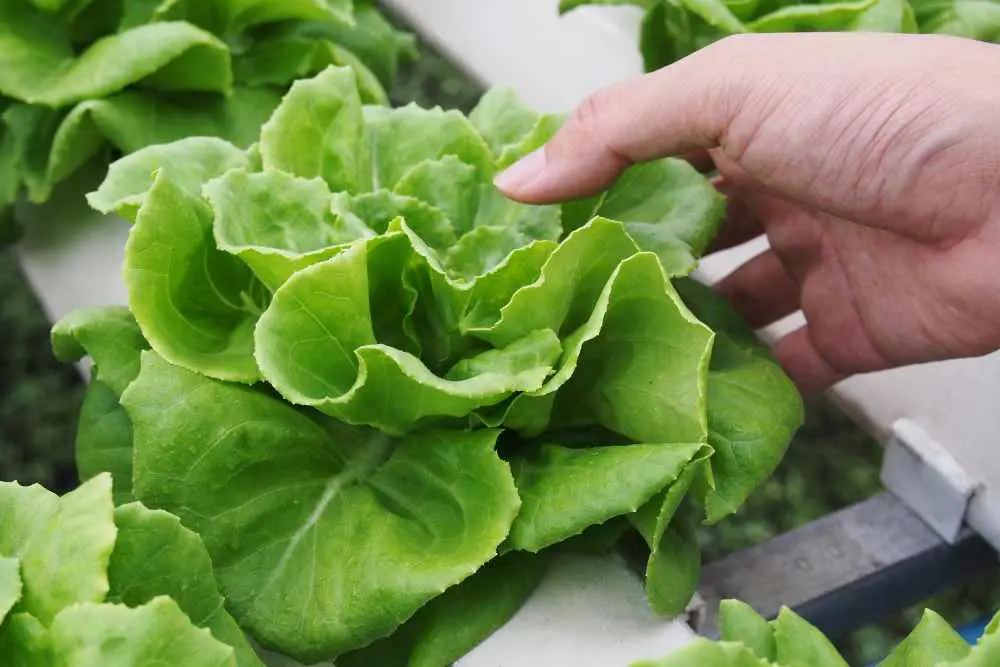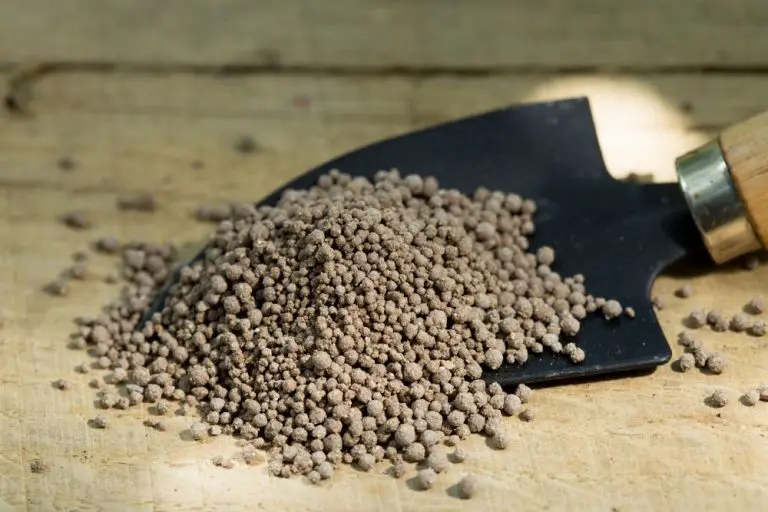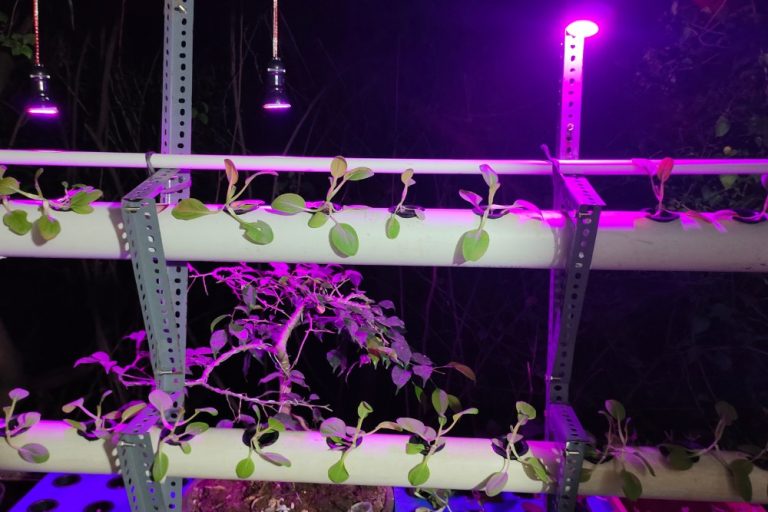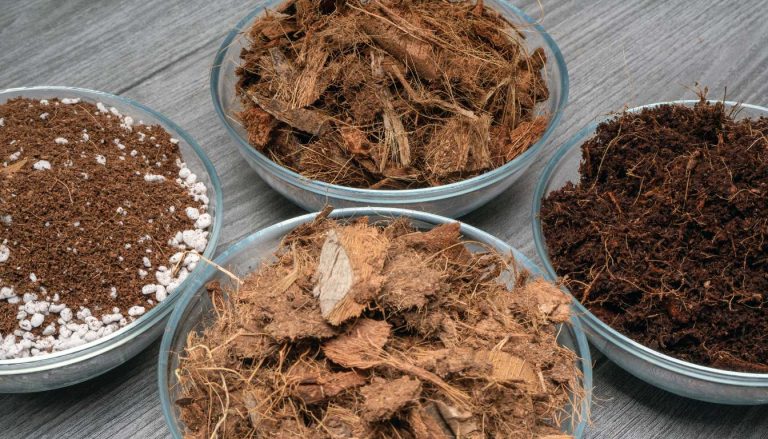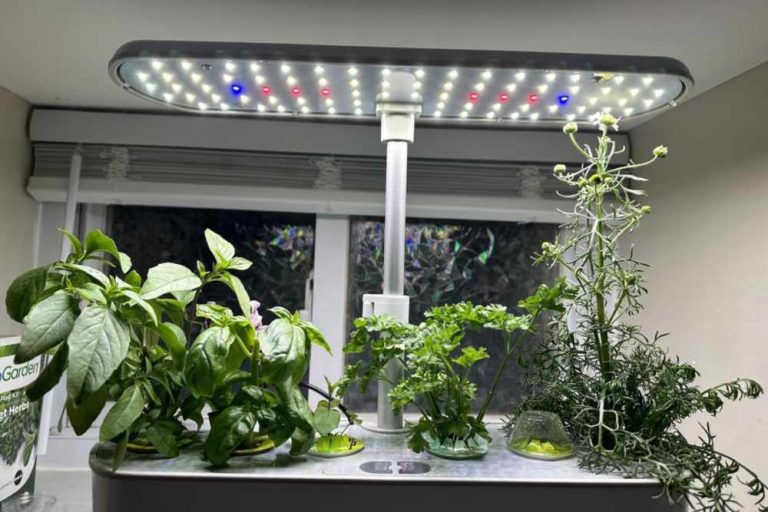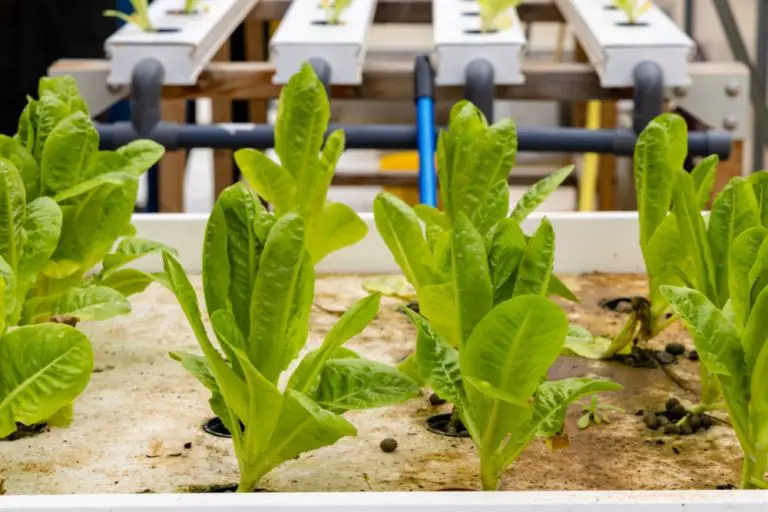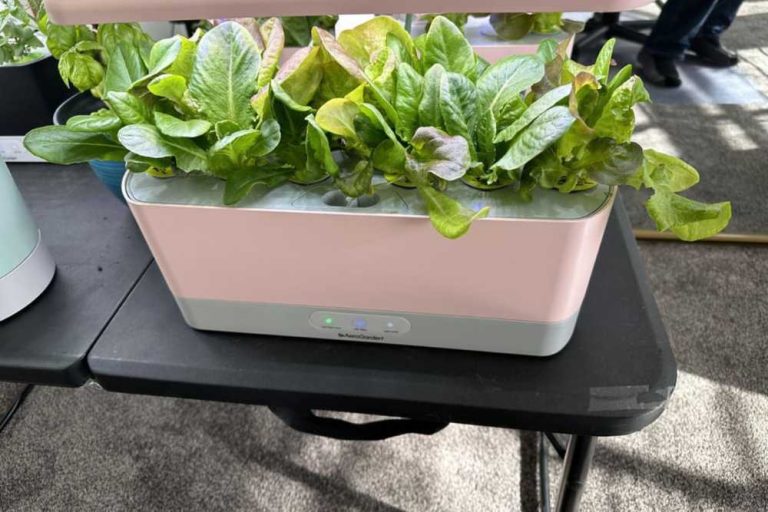What is Organic Hydroponic Gardening?
Hydroponic farming is the growing of plants in water without the use of soil. One advantage of soil cultivation is that there are fewer pests and weeds, as well as soil-borne diseases. Greenhouses are used for commercial hydroponic gardening. Fertilization is important in hydroponics as farming in soil. Hope you will get knowledge on organic hydroponic gardening from this article.
Hydroponics, Can It Be Organic?
As long as no artificial fertilizers, pesticides, or chemicals are used in the system, hydroponics can be considered organic. Organic hydroponic nutrients can be made from the completely natural leftovers of things like manure, plant matter, and more.
In an organic hydroponic system, microorganisms in the hydroponic solution use ammonification and nitrification to convert organic fertilizer into inorganic nutrients. A method of numerous parallel mineralizations is used to cultivate the microorganisms. It is possible to use the hydroponic culture solution as a hydroponic solution. Organic hydroponics is a method of hydroponic farming in which the nutrient solution is entirely made up of organic substances.
Organic Nutrients
They are made of elements that are found in nature naturally. Organic nitrogen fertilizer, for example, is made from materials such as compost and manure.
Organic fertilizers promote pesticide-free plant growth in a pleasant and sustainable environment. The primary goals of organic farming are ecology, vigor/health, preservation, and fairness. Little levels of trace elements like zinc and boron are present in these nutrients because they are derived from natural sources.
Plants take a long time to absorb organic nutrients. Before you plant any crops in your hydroponic garden, it is advisable to add these fertilizers. Although the slow absorption may sound bad, plants that use organic nutrients require nutrition feedings less often.
Because plants must go through numerous development cycles before figuring out how much of these nutrients to use, it is challenging to make adjustments when employing these nutrients. Because they contain more terpenes than non-organic crops, fruits grown organically have higher-quality flavors. Organic nutrients are more expensive and cause plants to grow at a slower rate, limiting the number of feasible turns in a season.
Can Hydroponics Use NPK Alone?
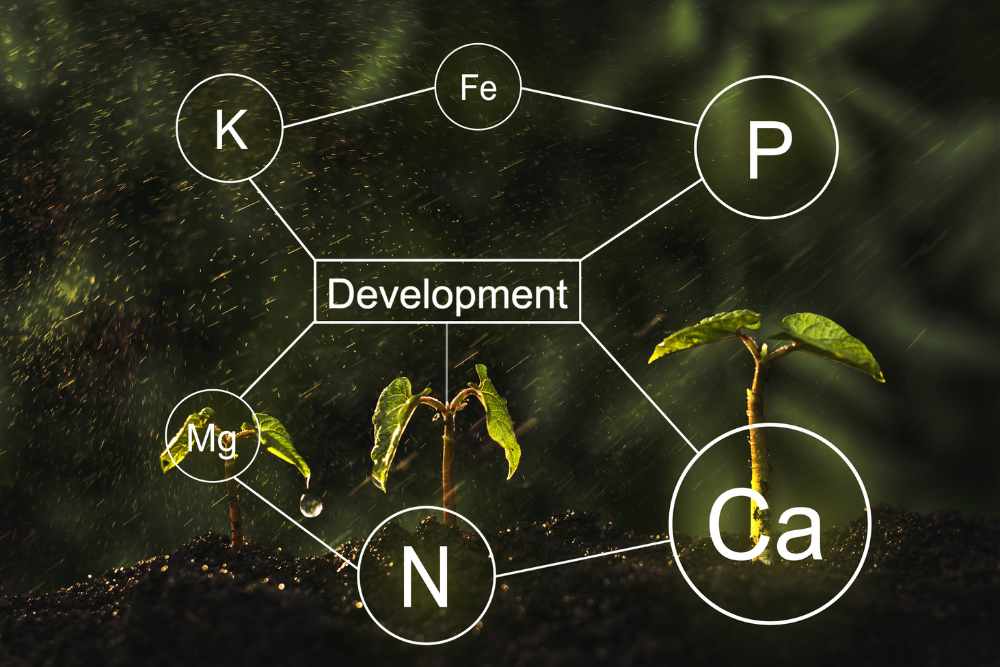
NPK is required for hydroponics, however, it is not sufficient for plants to grow and thrive. Many hydroponic gardeners utilize an NPK of 15-15-15. However, numerous other macro- and micronutrients, such as calcium, sulfur, copper, boron, zinc, iron, and manganese, are also important.
In Organic Hydroponic Farming, Use Organic Nutrients
In hydroponics, you can create your own natural nutrient solutions by degrading various sorts of organic waste. There are several methods for utilizing organic fertilizer sources in hydroponics. It can be challenging to obtain a balanced and sufficient amount of all the required minerals from organic sources alone, therefore experimenting with various products is beneficial.
There are a variety of liquid organic nutrient concentrates on the market, as well as some fertilizer salts that are considered organic and naturally occurring to aid enhance plant development when needed.
The sulfate trace elements iron, copper, zinc, manganese, and magnesium sulfate (Epsom salt), which are generally permitted under organic agriculture, can be utilized to assist fill in any shortfalls that may arise with organic nutrients.
To replace the synthetic iron chelate typically used in conventional hydroponics to assure continuing iron availability, iron sulfate, and citric acid powder can be combined to create an organic iron chelate. For most hydroponic crops, growers must combine two or more organic liquid fertilizers to produce adequate and balanced nutrient levels.
What Kinds of Organic Fertilizers May Be Used in Hydroponics?
Depending on the crops you’re growing, organic fertilizer may not be the ideal choice for your hydroponic system. On the other hand, when it comes down to it, there are endless possibilities. Some of the greatest types of typical organic fertilizers used in hydroponics are Manure based, Fish meal, Bone meal, Compost based, Blood meal, Plant-based, Guano, Gypsum based, and Bone meal. These elements can also be combined based on your system and crop species.
Hydroponic Gardening Methods Suited With Organic Nutrients
What you feed your plants determines whether you use hydroponics or organic hydroponics. Yet, some hydroponic systems do not perform well with organic hydroponics. Organics can still block drip emitters and spray heads even if there aren’t many particles floating around. The hydroponic farming techniques that work best when using organic nutrients are;
Deep Water Culture (DWC), Flood and Drain (ebb and flow), The Nutrient Film Technique (NFT), and The Wick System
Why Most Hydroponic Nutrients Are Not Organic?
One of the most important reasons that hydroponic nutrients avoid totally organic components like manure is the possibility of major bacterial contamination. Another typical explanation is the fact that many hydroponic nutrition products contain some kind of artificial component, even if it is present in small amounts. Also, many people choose conventional nutrients because of the concern that taking organic nutrients may clog their systems.
Naturally, this causes a decrease in the demand for organic nutrients and an increase in the demand for standard nutrients. Fish-based fertilizers are created from a renewable resource that plants use to feed adequate dosages of nitrogen and sustain a robust population of beneficial microorganisms. Even if they smell strongly of decay when properly filtered, organic hydroponic fertilizers are just as practical to use as synthetic ones.
Homemade Nutrient Solutions
These are simple hydroponic nutrients that can be made at home. Concentration is the key issue with organic nutrients. A lack of nutrients causes disease sensitivity, deformities, reduced growth, and malnutrition.
However, excessive concentration can cause the plants to suffocate and die since the nutrients will accumulate and consume oxygen, which leads to the growth of pathogens. Each and every gardener needs to get familiar with the symptoms of having too many or too few nutrients. So, it is advisable to conduct tests on the solution’s texture, color, substrate slime, and smell before the negative impacts affect plants.
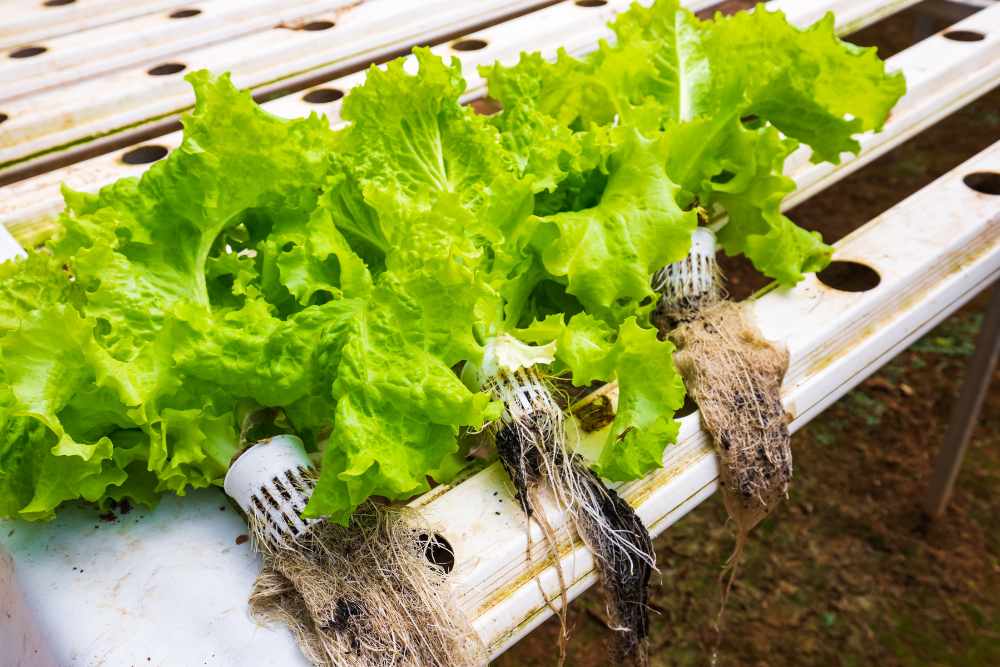
Your hydroponic garden is self-sufficient and manageable thanks to these handmade organic nutrients, which are manufactured from basic ingredients. Worm castings are used to pre-digest organic resources so that they are available to plants. This can be accomplished by the use of worms, a practice known as vermiculture, and the creation of worm tea from solid worm castings or compost. You can also use liquid bio-digesters as an alternative. To begin, use small amounts of your nutrient solution and observe how your plants react. When you get them perfectly balanced, you will have very few problems because the system will have matured.
Commercial Organic Nutrients
For the potential loss of organic fertilizers, several mineral salts are employed as a substitute. These mineral salts contain magnesium sulfates as well as other sulfate-containing trace elements. The availability of calcium and nitrogen for plants is the biggest problem here. Plants require a lot of nitrogen and calcium, which is why organic fertilizers are best to start with and then add nitrogen later. There should be sufficient microbial activity close to the plant roots in order to make nutrients available.
Aerobic digestion by bacteria ensures that nutrients are bioavailable to plants. The absence of oxygen and bacterial activity around the root zones of plants may result in anaerobic degradation by various bacteria. As a result, the substrate develops a bad odor and serves as a haven for infections, which prevents the plant from receiving nutrients. Because they provide microorganisms with enough space and oxygen to survive, biofilters are essential hydroponic substrates.
Advantages Of Organic Hydroponic Gardening
Hydroponics conserves water because it needs 1-2 percent less than conventional agriculture. Given that there is a growing problem with water shortages for both humans and the environment, that is actually rather astounding.
The hydroponics system makes use of areas that would not typically be suited for growing food. Solutions for organic hydroponics systems created from scratch make use of organic waste that would otherwise go to a landfill. Commercial organic solutions are also more environmentally friendly than typical chemical fertilizers.
The amount of plant species you can grow is constrained, so you can’t try to create a true agricultural environment that would benefit the local fauna and biodiversity.
Some who prefer hydroponic systems because of how clean they are might not enjoy the mess that results from experimenting with making compost tea and other organic alternatives. Nevertheless, if you use a commercial organic basis, everything is a little more organized.
Read – 27 Hydroponics Advantages and Disadvantages
Organic Hydroponic Nutrient Challenges
The major problem with organic nutrients for hydroponics, as you may have already realized, is that a lot of them contain manure. Manure is great in the soil, but in hydroponics, concentrated levels can cause bacterial infections and lead to other concerns like system clogs. Another challenge is locating a long-term, cost-effective supplier who never runs out of stock.
- 20+ Chic Boho Bedroom Ideas for a Cozy and Stylish Retreat - June 20, 2024
- 12+ Modern Boho Living Room Ideas to Create a Unique Oasis - June 10, 2024
- 10 Stunning Canopy Bed Ideas for a Dreamy Escape - May 16, 2024

